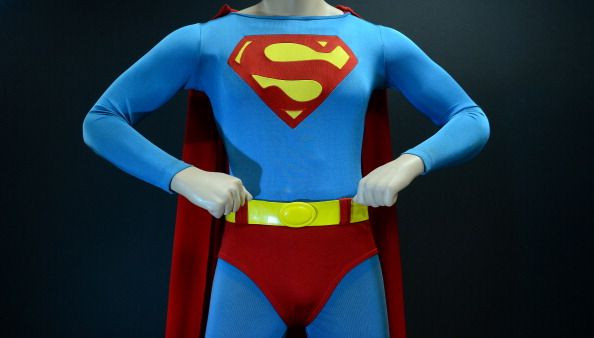How Do Powerful People Make Decisions? Ambivalence Could Drive Authoritative Figures To Be Less Decisive

Vladimir Putin, Angela Merkel, Barack Obama, and Pope Francis topped Forbes’ 2015 list of the world’s most powerful people. Authoritarian figures (a group often drawn to leadership positions) have the tendency to make quick decisions and act fast, but a new study out of the Ohio State University has shed light on what makes such personality types waffle in their decisions.
Researchers found that when people feel powerful and also ambivalent about a decision, meaning they have both positive and negative feelings about the matter, they have more trouble making a choice than people who feel less powerful, according to a statement.
The study, published in Psychological Science, involved two separate experiments, which both used college students as participants. Each subject was given a list of 10 personal characteristics that described a fictional employee named Bob. Depending on the participant, they either got a list of all positive qualities, all negative, or a mix of both types of characteristics.
In the first experiment, researchers induced momentary feelings of dominance or helplessness by asking the students to write about a time in their lives when they had a lot, or very little power, over others.
Next, participants were asked to rate the extent to which they felt conflicted, undecided or mixed about their attitudes toward their fake employee, Bob. They were then asked about what decisions they’d make about Bob’s future with the company.
Researchers found that people needed more time to decide Bob’s future with the company when they read the employee profile that included both positive and negative personal behaviors.
“Powerful people feel more confident than others in their own thoughts, they think their thoughts are more useful and more true. But that can be a problem if your thought is that you’re not really sure the best way to proceed,” said Geoff Durso, lead author of the study, according to a press release from OSU. “Meanwhile, people who feel less powerful are less sure about the validity of their thoughts anyway, so they think they might as well just make a decision.”
Source: Durso G, Petty R, Briñol P. From Power to Inaction: Ambivalence Gives Pause to the Powerful. Psychological Science. 2016.
Read more:
How Does The Human Brain Make Decisions? Study Shows Process Behind Choosing Effort And Reward



























